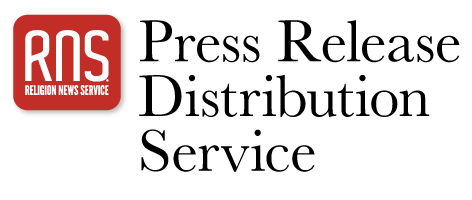This week, over 1,100 congregants of the Shincheonji Church of Jesus donated their blood plasma in the fight against the coronavirus pandemic. Their contribution was so significant that the Korea Center for Disease Control & Prevention (KCDC) wrote the organization a letter of thanks, addressed to chairman Lee Man Hee.
This donation continues a string of events where the Shincheonji church has attempted to make the best of its unfortunate involvement in the March outbreak. Immediately after the outbreak took place, Shincheonji stopped all gatherings to prevent the further spread of the virus. Chairman Man Hee Lee bowed to the floor in a public apology, and 4,000 members expressed their willingness to donate their convalescent plasma. A $10 Million donation was offered to the Community Chest of Korea as well.
Yet none of Shincheonji’s attempts to reconcile with the Korean government were reciprocated. The $10 Million donation was flatly rejected due to negative public opinion about Shincheonji. Lee Man Hee’s apology attracted conspiracy theories about his affiliation with the jailed former president Park Geun-hye. And the attempts to donate plasma were met with tepid responses until now. What Shincheonji has received in return is a series of investigations and the Chairman Lee Man Hee being put into jail for falsifying records and embezzlement.
Although South Korea has been praised for its aggressive management of COVID-19, it’s measures have brought infingements on individual freedom and numerous privacy concerns. In Shincheonji’s case, it requested the personal information of over 240,000 church members including U.S. Citizens, many of whom are facing the repercussions of their leaked information.
Since the outbreak at Sarang Jeil Church earlier this month, the South Korean Government put even tighter restrictions on religious practitioners than previously. Rather than requesting adherence to social distancing measures, they have essentially called for the permanent closing of places of worship across the country until further notice.
Sarang Jeil Church’s political activism may have aggravated the situation; but as a result, religious groups are facing stricter measures. Shincheonji has done its part to cooperate with the South Korean Government, but the government on the other hand continues to be hostile in its treatment of religious groups.
###
Contact
Mary Oliver
[email protected]
(718) 962-9794





